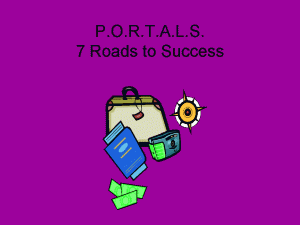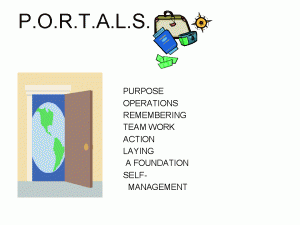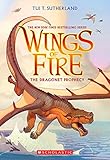This post features David Perkins’ 2009 work, Making Learning Whole: How Seven Principles of Teaching can Transform Education. I have been following Perkins’ work on “thinking” and “thinking about thinking” for many years, and I especially value this work. His comment about principle 7—learn the game of learning—is particularly relevant to my “learn to learn” blog:
“I can hardly think of anything more worth learning than learning to learn.” (p. 14)
Below this chart are several links to more detail about Perkins’ work, including several short and one long video.
PORTALS: Opening doors to the world of learning

|
Making Learning Whole: How 7 Principle of Teaching can Transform EducationBy David Perkins, Jossey-Bass, 2009…“Learning by wholes takes a strong stance against learning by elements and against extended learning about things when the ultimate idea is to learn to do them….”
From Introduction: A Whole New Ball Game pp 1-23
Approaching Complexity: …”much of what we need to learn poses significant challenges….Education always has to ask what can be done to make challenging knowledge and practice accessible…” (p. 3)
|
|
PURPOSE
1 Play the Whole Game
“…getting some version of a whole game close to the beginning makes sense because it gives the enterprise more meaning. You may not do it very well, but at least you know what you’re doing and why you’re doing it.(p. 9) (Threshold experience)
2 Make the Game Worth Playing
“Playing the whole game clarifies what makes the game worth playing…see right away how things fit together. Not about “You’ll need to know it later.” (p. 10) (Junior Version) |
|
OPERATIONS |
|
REMEMBERING |
|
TEAM WORK
6 Learn From the Team…and the Other Teams
…”Hardly anything we do is done solo…. …”learning from others engaged in the same pursuit—friends, partners, colleagues, rivals, enemies, paragons, mentors, even learners not as far along as oneself. (p. 14) |
|
ACTION
4 Play Out of Town
Referring to baseball analogy: “The new setting challenges the players to strengthen and adapt their skills and insights. They can find out how best to capitalize on a different circumstance, and maybe generalize what they learn….(p. 11) |
|
LAYING A FOUNDATION5 Uncover the hidden game“…In learning science concepts (for example) it’s important to have some feel for the underlying principle of causality involved in various scientific theories… (p. 13) |
|
SELF-MANAGEMENT
3 Work on the Hard Parts
They (the hard parts) do not always get better just through playing the whole game…(need to) single out the hard parts for special attention, practicing them on the side, developing strategies to deal with them better and reintegrating them soon into the whole game… …But there’s usually not enough of this kind of work (in normal schooling) and its not individually targeted…” (p. 10)
7 Lean the Game of Leaning
…“Learning to learn has to do with many things: directing one’s attention, choosing time and place, relating new ideas and skills to what you already know. Indeed it has to do with the previous six principles….”
“I can hardly think of anything more worth learning than learning to learn.” (p. 14) |
Some Links Explaining Whole Game’s 7 principles
Short articles
Https://www.gse.harvard.edu/news/uk/09/01/education-bat-seven-principles-educators
http://www.thedailyriff.com/articles/growing-up-professor-david-perkins-93.php
http://leading-learning.blogspot.com/2009/01/advice-from-david-perkins-to-make.html
****
Dave Perkins on Educating for the Unknown.wmv Educator comments
https://www.youtube.com/watch?v=a0YdX2hb_L8 (2 minute video)
*****
Interview with David Perkins (2 minute video) What’s Worth Learning
https://www.youtube.com/watch?v=_CAdXXekKKM&ebc=ANyPxKqLd9k6ZAxP5lBf3JGfb0ozeASUOTQj277bml5j9Kf1wXjqX0Ae3GOJUBEDz5LZs5JZQ_wlc946bgKfzQRGROPSZeylUg
*****
40 Years of Teaching Thinking by David Perkins (2011) Theme: Back to the Future
https://www.youtube.com/watch?v=-nmt1atA6ag (l hour 12 minute video)










